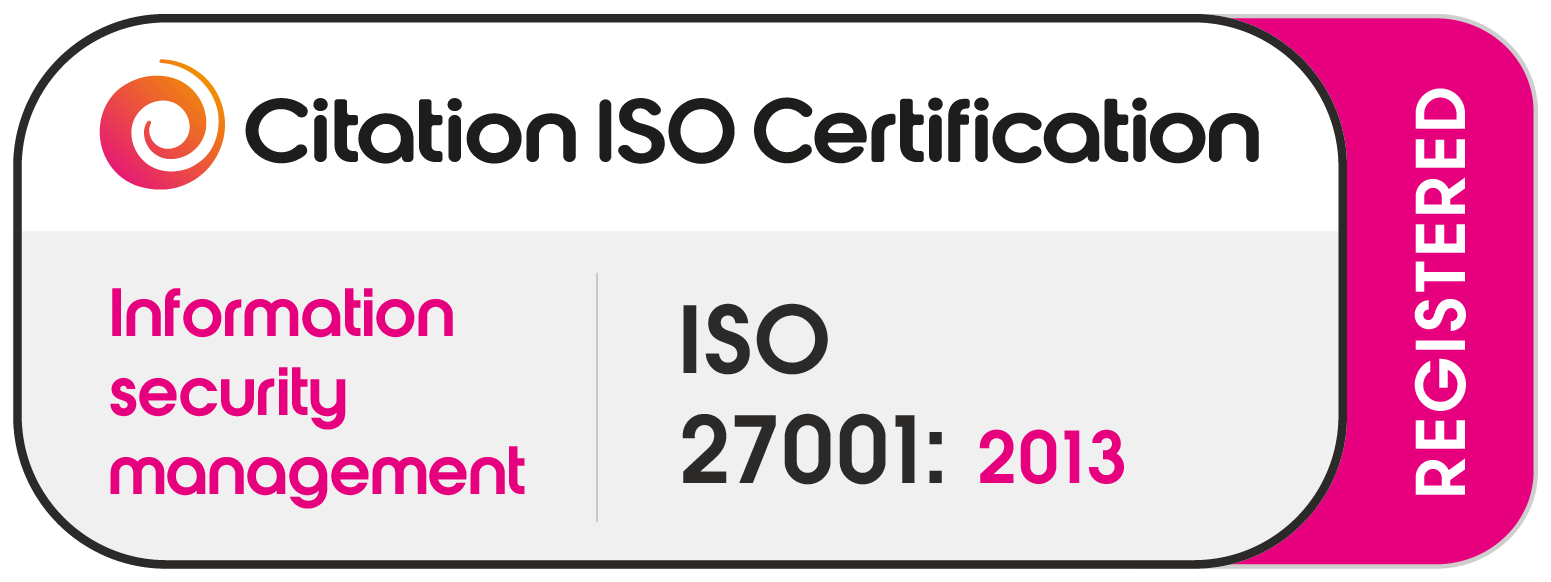BACKGROUND
Our client was a reputable firm in the language services industry, about to undergo a
management buyout (MBO). Prior to our engagement, the firm had been operating its own
custom technology solution, interfacing with customers and thousands of interpreters worldwide.
The in-house solution offered complete control over the platform and its development, and it was
also less expensive compared to cloud alternatives. Therefore, persuading the management to
consider other options required a delicate and evidence-based approach.
IDENTIFYING THE CHALLENGE
Upon initial assessment, we identified three main challenges:
- Scalability: The firm’s current business practices and system usage limited the
automation opportunities and scalability. If the business were to secure larger clients,
there was a need to reduce complexity and increase automation. - Architecture: The architecture of the in-house system was a single platform and highly
tailored to the business. Scaling would require a shift to more traditional cloud systems
and the need to separate some of the core functionality. - Operations: The firm needed to simplify and speed up operations. This began with
creating a clear vision for the company to follow, determining the key areas of focus:
financial systems, business systems, or another option.
STRATEGY DEFINITION
To address these challenges, we embarked on a comprehensive assessment of the firm’s vision,
strategy, scalability, IT budget, team, and customer needs. This involved in-depth evaluations of
the customer journey, current system architecture, and exploration of various vendor solutions.
DELIVERING A POST-MBO ROADMAP AND OPERATING MODEL
Through our comprehensive evaluation, we created a scorecard that presented all options,
including maintaining the current system, updating it, or shifting to various cloud products. Each
option considered the potential impact on staffing numbers, capital and operating expenditures,
EBITDA, and the firm’s appearance to future investors.
Our team played a vital role in enlightening the CEO on the necessity of adopting newer systems.
Although this meant fewer internal controls, we helped them see that the focus needed to shift
to commercial matters, rather than IT, Security, and Governance. Subsequently, we assisted in
selecting the most suitable technology solution, which was used in MBO discussions.
After the completion of the MBO, we continued our collaboration with the CEO and new Chair to
articulate how technology would drive future business growth. Through our strategic advisory,
the firm was set on a solid path towards technological transformation, empowering it to scale
operations and secure larger clients in the language services industry.



